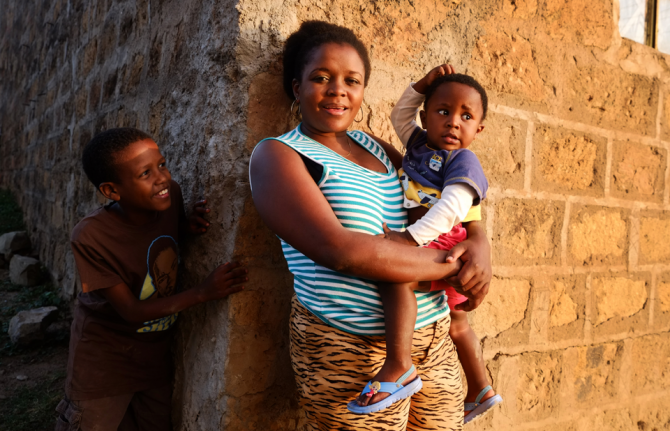

Feature Story
New campaign launched to raise awareness about maternal health
07 August 2017
07 August 2017 07 August 2017Mediaplanet has today launched a new campaign to raise awareness about maternal health around the world.
Created in partnership with UNAIDS and other international organisations, the campaign looks at a range of case studies on issues affecting pregnant women and mothers, and draws on insights from community health-care providers, as well as public health advocates.
Participating in the campaign, UNAIDS Executive Director Michel Sidibé said: “We need to reinforce the interface between health service providers and the community to better monitor what is going on in each community. That way we can quickly make sure that pregnant women have access to health services and monitor them not only for HIV, but for all health issues.”
According to UNAIDS’ latest report, Ending AIDS: progress towards the 90-90-90 targets, around 76% of pregnant women living with HIV had access to antiretroviral medicines in 2016, up from 47% in 2010. In addition, five high burden countries—Botswana, Namibia, South Africa, Swaziland and Uganda—have met the milestone of diagnosing and providing lifelong antiretroviral therapy to 95% of pregnant and breastfeeding women living with HIV. Nonetheless, AIDS-related illnesses remain the leading cause of death among women of reproductive age (15–49 years) globally.
“People have to be courageous and speak up for sexual education and highlight just how critical it is,” said Mr Sidibé. “We have to make sure that girls have access to information early and give them the skills to help them deal with their sexuality in a more empowered manner.”
UNAIDS is working with a broad range of partners, including governments, civil society, the United States President’s Emergency Plan for AIDS Relief and the Global Fund to Fight AIDS, Tuberculosis and Malaria, to ensure that women and girls everywhere are empowered and enabled to protect themselves against HIV and that all women and girls living with HIV have immediate access to treatment.
The campaign is available online and will be distributed as a printed supplement in today’s edition of the Guardian.



